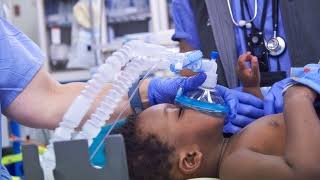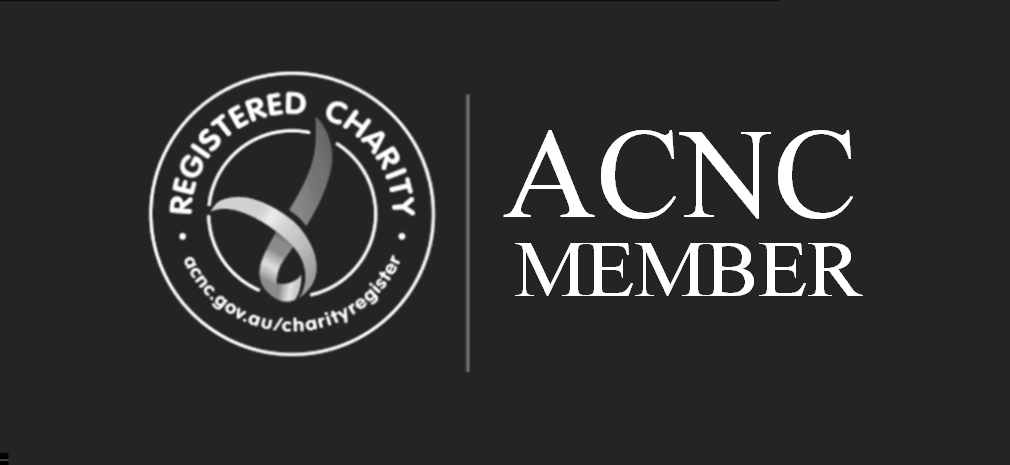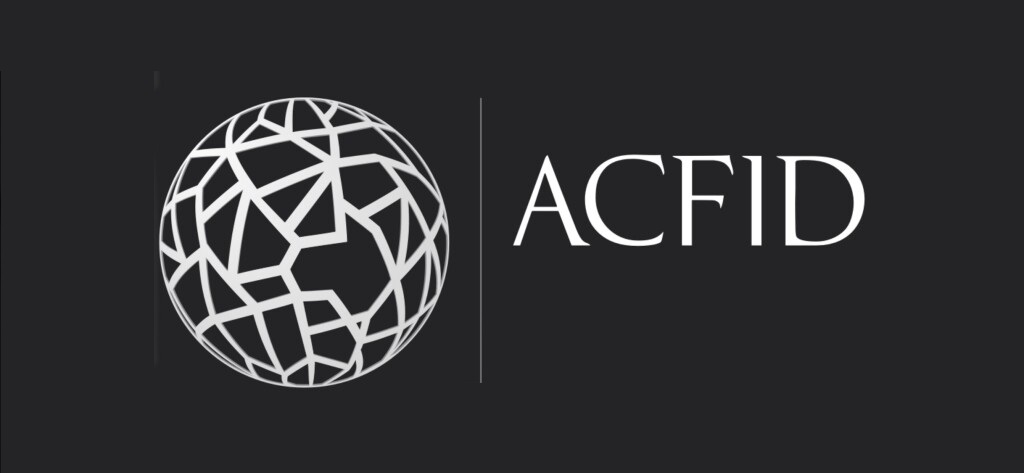
Being National Anaesthesia Day, I thought it would be fitting to recognise the incredible contribution made to the Solomon Islands over the years by our volunteering anaesthetists who have been teaching the local doctors safe anaesthetic technique.
The generosity of my anaesthetic colleagues in volunteering their services in the developing world amazes me. The number of times I’ve seen anaesthetists agree to give up their income for a week or more, and venture on a journey self-paid to assist on a surgical mission to a remote part of the Solomon Islands is inspiring. Yet not much is said about these quiet achievers the other side of the “blood-brain-barrier”, with oftentimes the surgical heroics taking the lime-light and crowding out our humbler anaesthetic counterparts.
The anaesthetist is a unique professional possessing many qualities, some more subtly recognised than others. During my training, it has been interesting to see the personality types that various medical professions attract with some very stereotypical observations. As the saying goes “opposites attract”, and this is particularly true for surgeons and anaesthetists. Although things are slowly improving, surgeons have for many years had the reputation as being somewhat authoritarian, and a little gruff or prickly on the exterior, with a no-nonsense approach. Decisiveness and efficiency were viewed as favourable attributes of the surgeon. Anaesthetists, on the other hand, almost as a result of survival and self-selection, are often more considered, pragmatic, adaptable, patient, and gentler sorts, who quietly keep things moving and are often not in the limelight, and frequently get little attention or credit for their contribution. But ask any patient who is more important or what scares them most before an operation, and it’s always the possibility of not waking up from their anaesthetic. The anaesthetist holds their life literally in their hands, and in this regard the anaesthetist is viewed as very important with the surgeon viewed more or less as the technician.
How important the anaesthetist is to the team was made all the more real during my last surgical visit to Gizo, in the far Western Province of the Solomon Islands, when our anaesthetist did not turn up due to an unexpected death in his family. This missing ingredient to the team represented a major “spanner in the works” to our surgical mission. Working without a anaesthetist is a bit like trying to tie your shoe laces with one hand! And for a few days we were limited to basic surgery only suitable under local anaesthetic infiltration. Needless to say when our anaesthetist turned up three days later we were very grateful and respectful, with no complaints whatsoever!
The developing world also poses unique challenges to the anaesthetist, requiring nimble adaptation and clever resourcing. This is not quite the case for the surgeon where a “knife is a knife”. In the developing world, there are far fewer investigations and drugs available with monitoring and post-operative support far less than that which is standard in Australia & New Zealand.
Performing surgery under regional anaesthesia has a particular application in the developing world, with most ANZCA anaesthetists now trained in the skilful use of epidurals, spinals and regional blocks. This avoids the need for general anaesthesia, and is a safer option in the remote setting where failure to wake promptly from an anaesthetic could be a major concern.
Over the years the contribution that volunteering ANZCA-trained anaesthetists have made in teaching safe anaesthetics to local doctors in the Solomon Islands has been steadily increasing. And it is to this talented and adaptable group of specialists that we are extremely grateful, as at the end of the day they make us surgeons look good.
Dr Sepehr Lajevardi is an advanced plastics surgical trainee at Royal Perth Hospital and elected Treasurer of DAISI. Dr Lejevardi first volunteered at Gizo hospital in December 2015, and has a particular interest in plastic reconstructive surgery. He is always looking for volunteer anaesthetists to accompany him on surgical trips!


